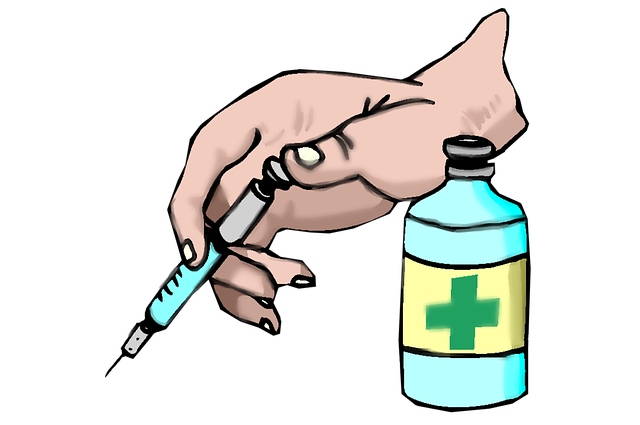Apple sure like to change things, so when my new computer shipped with the new macOS 11.0, some things didn't work - specifically the Haskell compiler, GHC, failed linking my programs with OpenGL and other system libraries.
The problem is already fixed in the GHC git repository, and I could try building it, but that might send me on new adventures due to more new-version behaviours, so instead I looked into working around the problem by making macOS 11 behave like macOS 10 did in the way that GHC expects!
Short problem description
When linking with OpenGL, GHC verifies that the file
/System/Library/Frameworks/OpenGL.framework/OpenGL exists,
but it no longer does!
We can't add the file there (not even with sudo) because
macOS's /System folder is special.
Solution
We can trick GHC to believe that the file exist, and then everything would work!
This can be done by hijacking its calls to the stat
system call and returning fake results.
MacOS lets us inject additional code into programs using the
DYLD_INSERT_LIBRARIES environment variable, and it also
supports special pragmas to tell it to replace library functions (aka
"interpose" or "hook").
int my_stat (const char* restrict path, struct stat* restrict buf)
{
if (STARTS_WITH ("/System/Library/Frameworks/", path))
{
// Pretend that the file exists
return 0;
}
return stat (path, buf);
}
DYLD_INTERPOSE (my_stat, stat)The above injected code tricks GHC to believe that any file inside
/System/Library/Frameworks/ exists, and that makes it
work!
To work around the problem when executing ghc from a
build system, it takes a bit more work to make sure that the injection
propagates to it, but my complete solution isn't too long, see: github.com/yairchu/macos11-haskell-workaround
r/haskell discussion on this work-around
- I want to get this workaround into the Haskell build tool
stack, if you want that too then please share your opinion on the issue! - FYI: The Linux equivalent of
DYLD_INSERT_LIBRARIESis calledLD_PRELOAD, and it can do similar things on Linux. - Image by LillyCantible from PixaBay.


